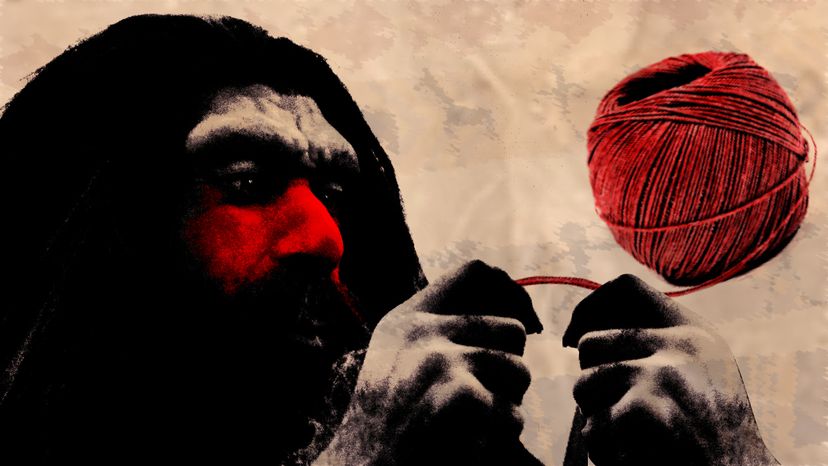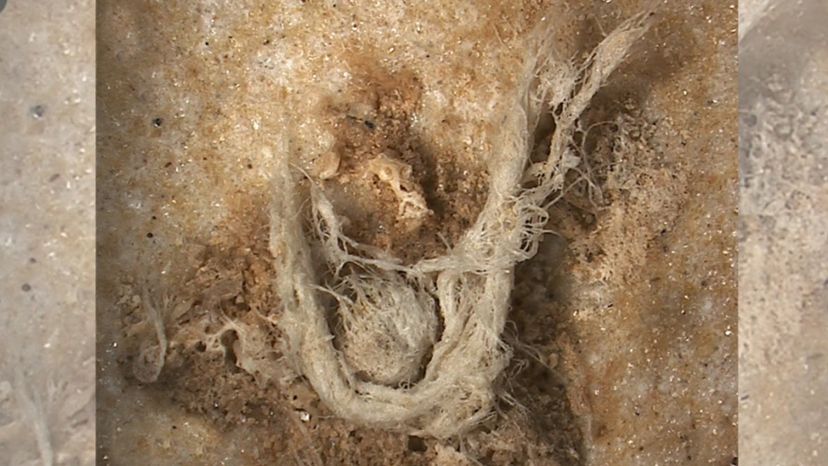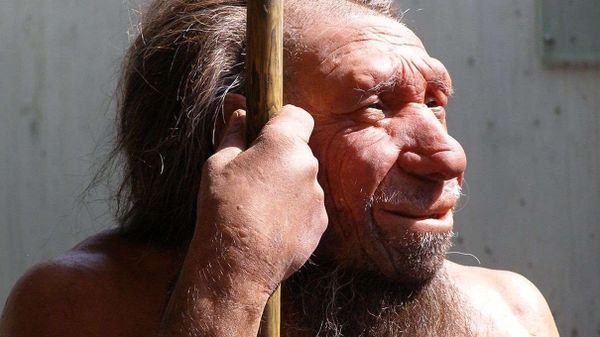
Have you ever tried to make string? It's actually a bit tricky: You twist two or more bits of fiber together while at the same time twisting the individual strands in opposite directions so the fibers lock together. Whoever made the first string had to possess incredible fine motor skills and some basic mathematical understanding, not to mention the mind of a civil engineer.
According to astudypublished in the April 2020 edition of the journal Scientific Reports, it's possible the first string makers weren't even human. That is, not "human" by today's standards.
Advertisement
In the popular collective imagination,Neanderthalswere not a bright people. We were smart and they were dumb, and that'swhy we survivedto populate the earth by the billions and they died out. But evidence to support this theory is becoming increasingly thin on the ground as we begin to understand more about the last other human species to share this planet with us. There's evidence that theymade glue,nursed their elders,couldlaugh at a good joke,were into jewelryandcreated art, and now it seems they could make yarn.

The researchers discovered the fragment of cordage — probably between 41,000 and 52,000 years old and just the width of a child's pinky fingernail — at an archeological site in Abri du Maras, France. The fragment consists of three bundles of fiber twisted together, probably made from the inner bark of an evergreen tree. The string was found stuck to a small stone tool, and could possibly have served as a handle for the tool, or it could have been part of the string bag that held it. According to the study, the techniques used to make this fragment of string suggest "much larger fiber technology," which means they could have been making clothes, rope, mats and nets.
Just add this to the mounting evidence that Neanderthals were probably more similar to us than we thought!
Advertisement





